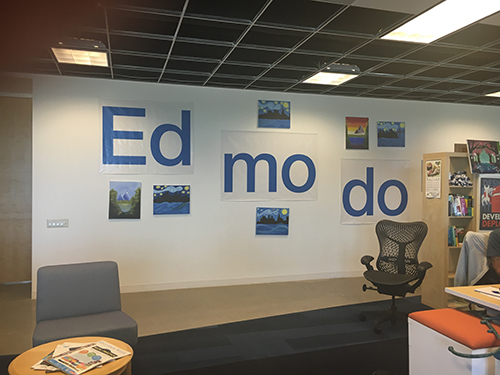
Resource-sharing collaborations and projects between like-minded educators on the Edmodo network are known to spark deeper learning engagement for students. One example we really liked was high school teacher in Italy Lucia Bartolotti’s organic development of an Edmodo pen pal program with teacher Dimitris Pallas from Kalyvia near Athens to bring their global education project to life.
“For this back-to-school season,” says Manish Kothari, Edmodo’s General Manager of Platform, “we are focusing on making communication, collaboration, resource sharing and discovery even simpler and more relevant at a local, regional and global level.”
In this Global Search for Education interview with Kothari, he discusses the innovative new tools from Edmodo, the benefits of social learning and the additional value that teachers, parents and students can expect from his company in the upcoming school year.
Describe in a nutshell the major features offered by Edmodo’s updated solutions and the additional value it provides for your users.
Specifically, we have introduced features such as threaded discussions, in-post translation (via Google Translate), public conversations and better search for our users. We now have integrations with both Microsoft’s Office Online and Google’s Apps for Education; this way, the platform serves as a neutral, nimble launch pad for any solution a school or district selects.
For students, we have introduced Play, which encourages them to answer high-quality questions in a self-guided environment with no time pressure or grades, and learn through a positive social experience.
For administrators and district personnel, we have introduced Group Directories, which is an easy way for teachers in a district to see all available Groups, teacher Badges and instant PLC’s to enhance the district’s professional development to increase teacher capacity.
Finally, for parents, we have introduced new and more relevant forms of communicating so that they can participate in their child’s progress at school.
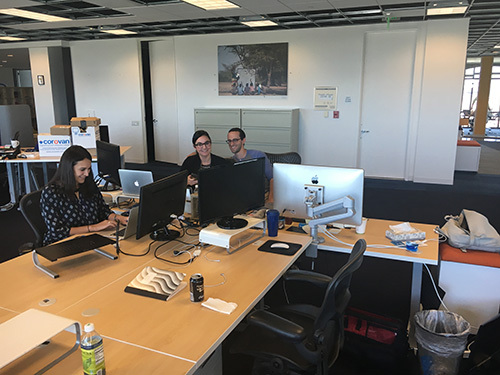
Our integration with Microsoft’s Office Online allows users to create, open, edit and save any Office document from within Edmodo for free. Users can save their documents on OneDrive, or, in their Edmodo Library. Finally, users can login with their Microsoft O365 credentials.
How does the Google integration work?
Users with Google Accounts can seamlessly create and login to their Edmodo Accounts with Google Credentials. Teachers and students can view Google Drive items directly from the Edmodo Library / Backpack and attach them to assignments and notes. We recently updated the look and feel of this integration so it’s easier than ever to see and organize Google Folders. And soon, there will be improved ability to change permissions and create copies of Google Docs when sending them out.
How does Edmodo Topics help teachers?
Edmodo Topics are public conversations that allow teachers who are interested in a specific topic to easily and quickly set up and have a conversation (on that topic). These conversations can be ongoing; for example, the best ways to teach Shakespeare to middle school children; or ephemeral (around a specific workshop at a trade show). Topics are searchable.
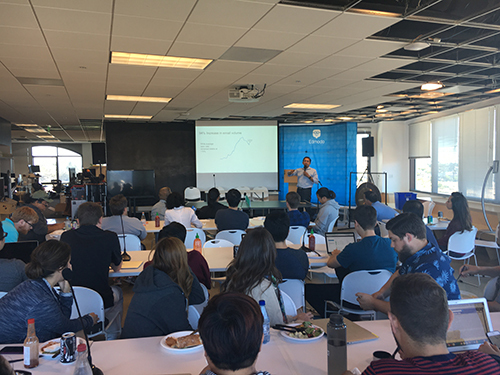
Since Topics are public, searchable and flexible, anyone can start or participate in a conversation. Once teachers participate in a Topic, they can request to connect with other members within that conversation/topic. Here we are promoting the importance of the connectivity among our network as teachers share insights that transcend classroom borders.
How can teachers to share their expertise with other teachers and students?
Primarily through resources that they can upload to share (or sell) on Edmodo’s marketplace, Spotlight. These resources can be worksheets, lessons, videos, or apps.
How does your new system change how professional development for teachers can be done? What is the future for teachers wanting to share resources and better hone their craft?
Continual Professional Development is a core use for many teachers on Edmodo. We have enhanced this experience in a few ways: districts can easily create Professional Learning Communities (PLCs) to share/distribute specific resources, and award badges as certifications.
Teachers and publishers can upload professional development resources on Edmodo’s marketplace, Spotlight, to share with (or sell to) other teachers. These resources can be worksheets, lessons, videos, or apps.
With budgets getting cut and teachers having limited resources, making it difficult to travel for professional development opportunities, there is a real need for interactive professional development.
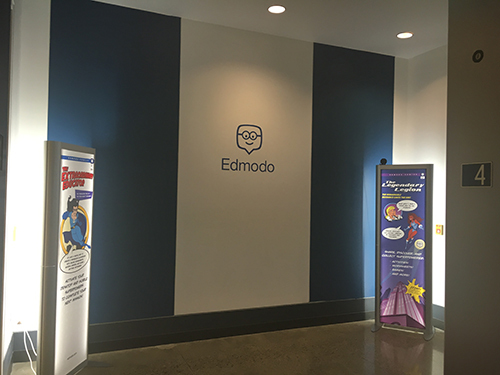
Edmodo is a comprehensive yet intuitive platform designed for connecting school communities at a local and global level. We provide schools with the ability to provide classroom instruction, communication outreach, and share resources with one another. We believe that the social component of learning is significant in terms of boosting learning outcomes, and Edmodo is the global social learning platform that comprises the largest network of students, teachers, and parents in K-12. Our network offers the safety and security designed to protect the privacy of students and teachers by providing a safe alternative to open, consumer social networking sites.
Where do you see platforms like Edmodo going?
We believe that social learning, where students and teachers learn by collaborating/learn by doing will increasingly be a strong driver for outcomes. Additionally, “implicit” signals that track activities like resources created, viewed, commented on, problems solved (to help others), etcetera will become more important proxies for learning than the “explicit” signals, such as grades, test/quiz scores, etcetera.
What’s the future of communication on a platform like Edmodo between teachers who are from different countries and backgrounds, and who speak different languages?
As communication platforms such as WhatsApp and Slack have shown, communication is a core need for billions across the globe. Having a global network enhances the discovery of people and resources that are relevant. Tools such as Google Translate, which is enabled within Edmodo’s stream, can help make global communication and collaboration more practical.
(Photos are courtesy of CMRubinWorld and Edmodo)

The Global Search for Education Community Page
C. M. Rubin is the author of two widely read online series for which she received a 2011 Upton Sinclair award, “The Global Search for Education” and “How Will We Read?” She is also the author of three bestselling books, including The Real Alice in Wonderland, is the publisher of CMRubinWorld, and is a Disruptor Foundation Fellow.
Follow C. M. Rubin on Twitter: www.twitter.com/@cmrubinworld


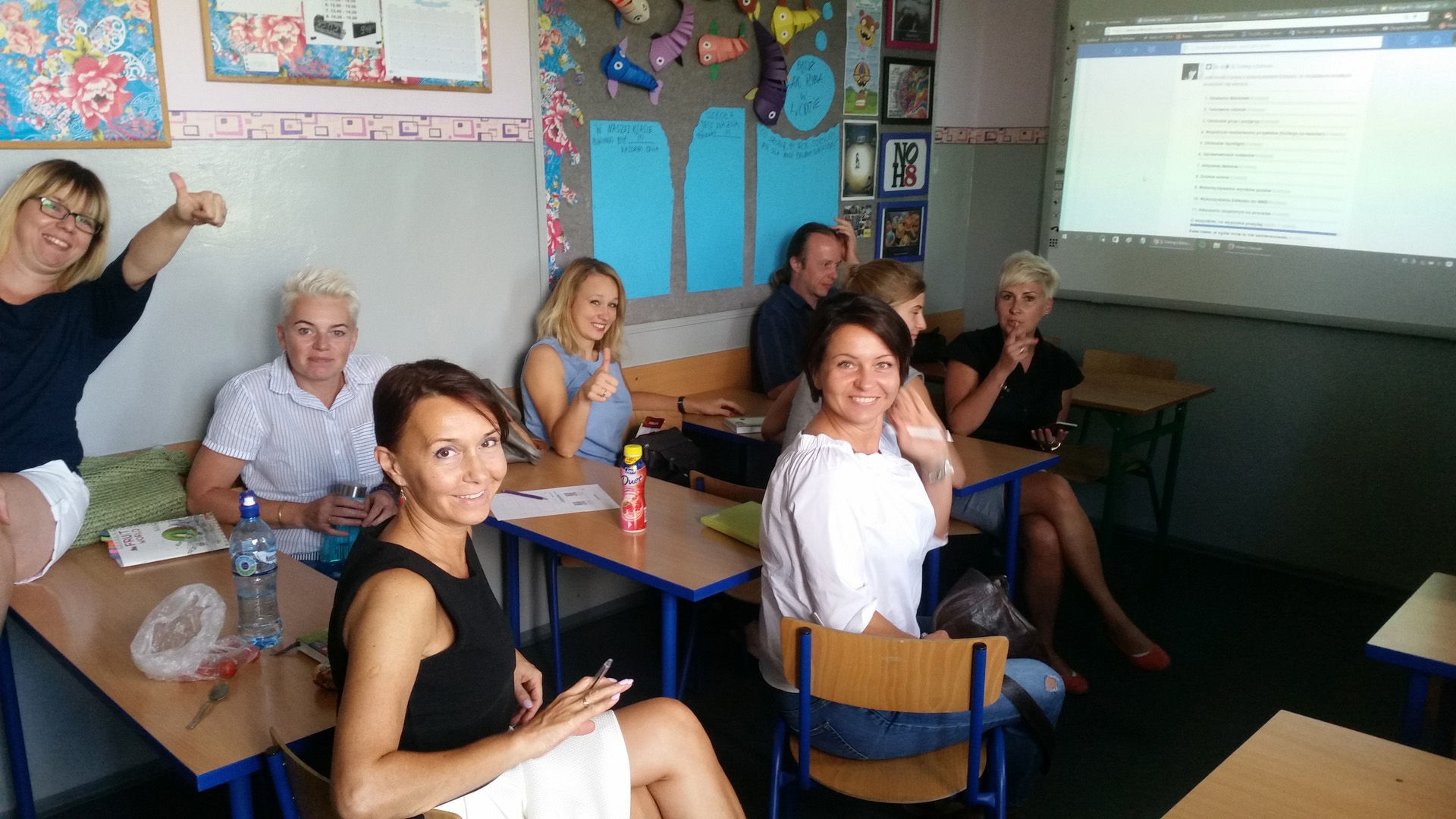
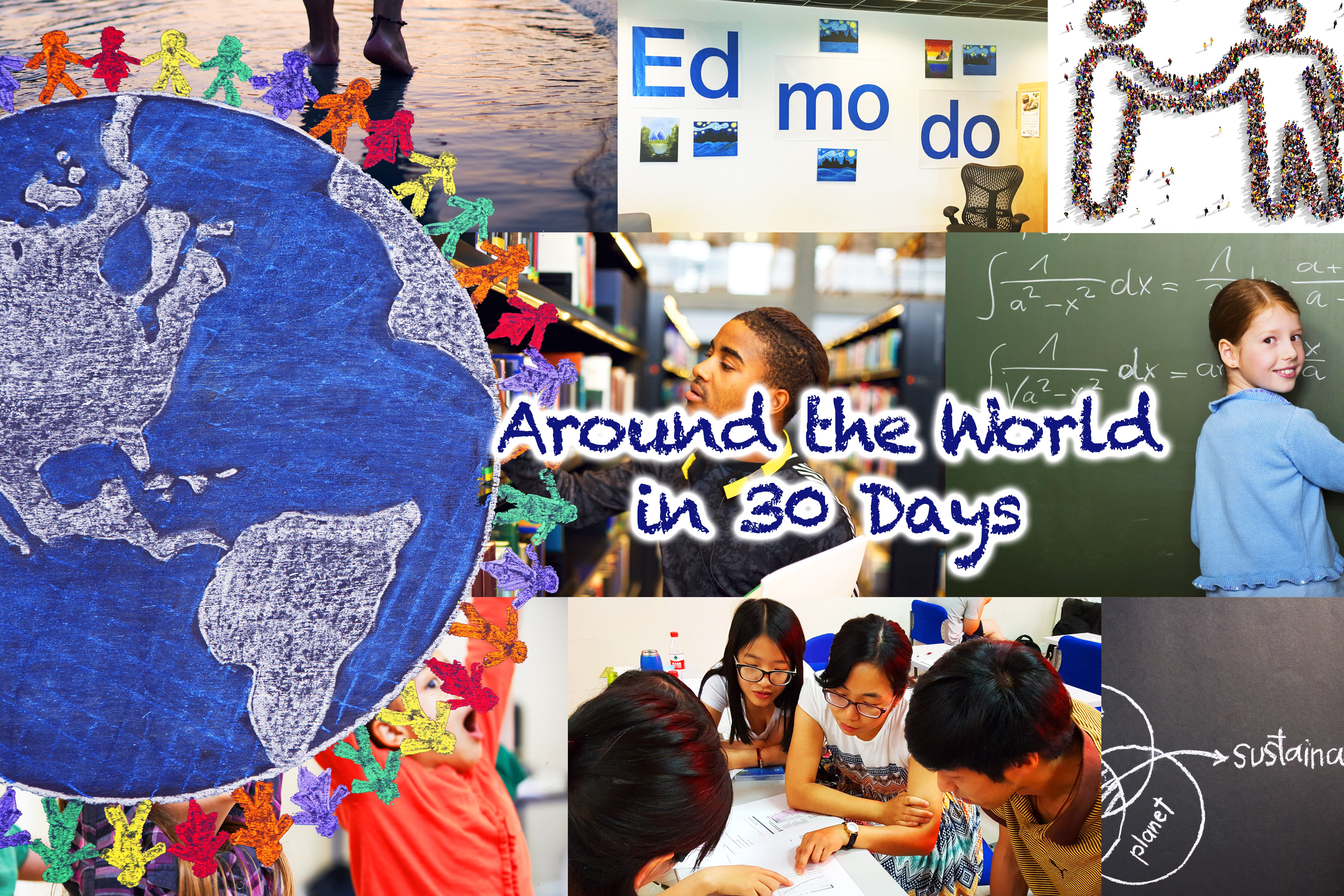

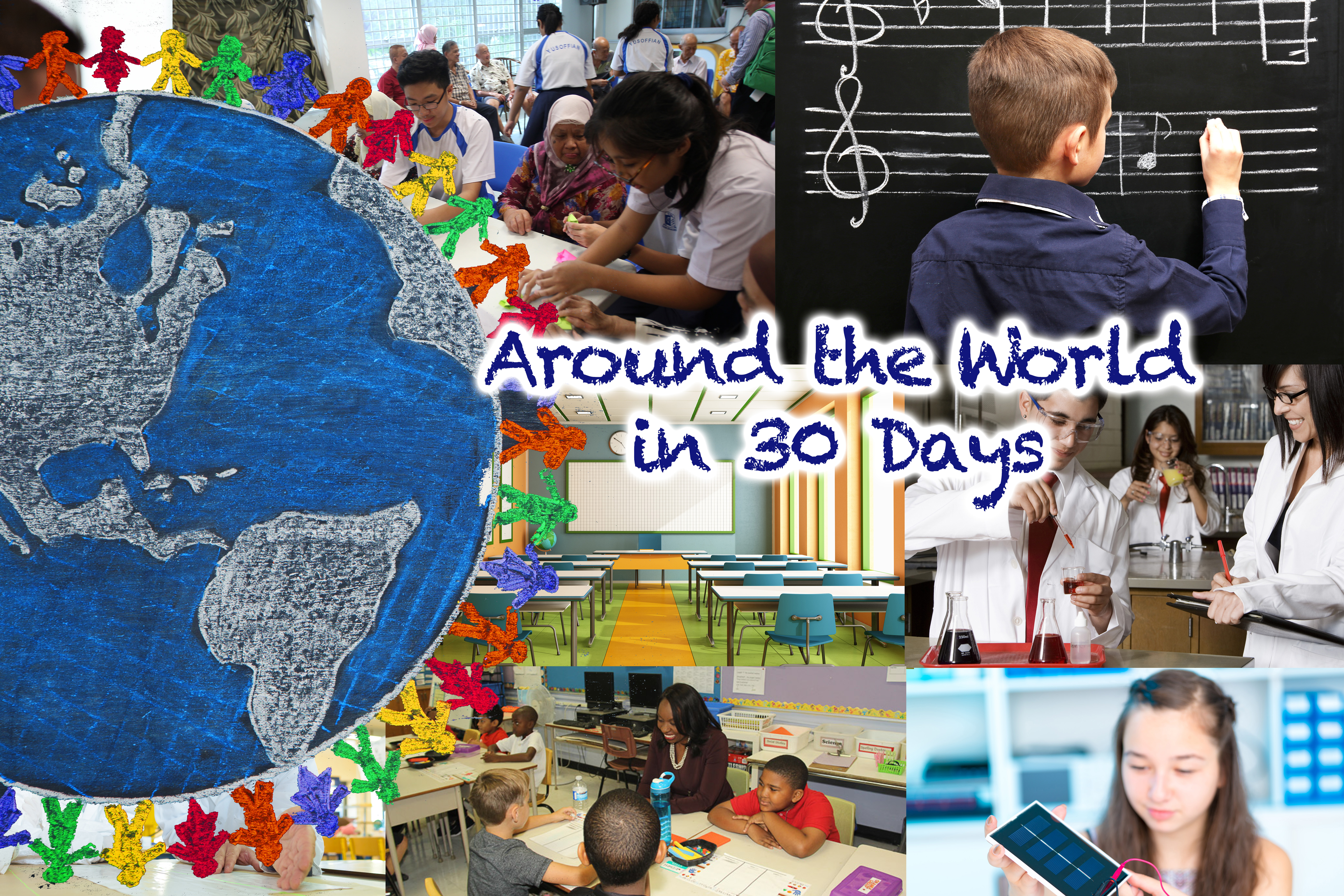
Recent Comments